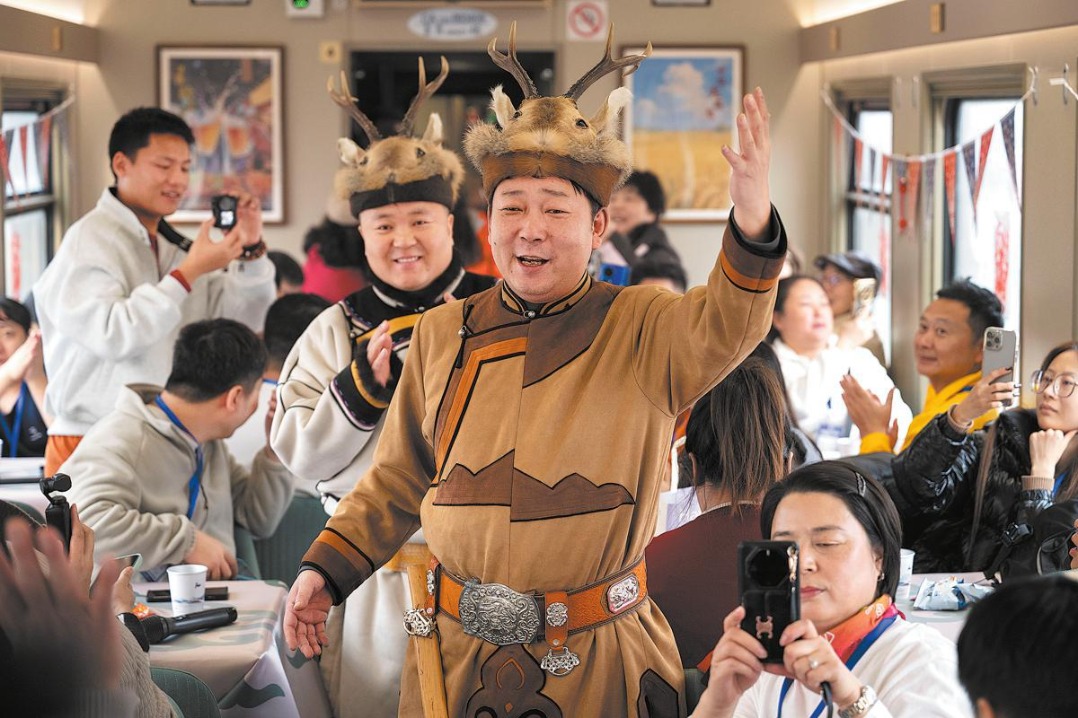China's consul general rebuts Times' editorial on Xinjiang cotton
By LIU YINMENG in Los Angeles | chinadaily.com.cn | Updated: 2021-06-12 08:23

The allegations of "genocide" in Xinjiang or "forced labor" in the region's cotton fields are "nothing but attempts to smear and demonize China, undermine security and stability in Xinjiang, weaken the local economy and contain China's development", said a Chinese envoy.
The rebuttal by Zhang Ping, China's consul general in Los Angeles, were in response to a recent Los Angeles Times editorial supporting a boycott of products made with cotton produced in the Xinjiang region of China.
The editorial embraced the rhetoric of "genocide" and "forced labor" alleged by some individuals and anti-China groups, Zhang said in a letter to the Times' editor, which was published by the paper on June 9.
"In fact, during the past 40 years or so, the Uygur population in Xinjiang increased from 5.55 million to 12.8 million. From 2010-2018, the Uygur population increased by 25 percent, much higher than the 14 percent growth rate of Xinjiang's overall population," the envoy said.
Xinjiang-related issues are not about human rights, ethnicity or religion, but about fighting terrorism, separatism and extremism, Zhang said. From 1990-2016, attacks by separatists and religious extremists inflicted enormous losses in lives and property, he added.
In response, the Chinese government began undertaking anti-terrorism and de-radicalization efforts. As other countries and regions have done to eradicate extremism, Xinjiang established vocational centers to help trainees obtain the education and skills necessary to find better jobs and incomes, he said. The region has not seen a single terrorist attack in four years, the diplomat said.
The claim that half a million Uygurs and other Muslim minorities have been forced to work in the cotton fields is absurd, Zhang said.
"Picking cotton is a good-paying job, for which local and migrant workers from neighboring provinces used to travel to Xinjiang during harvest season. This is no different from Mexican workers being granted temporary employment opportunities in California's agriculture industry," he said.
The Chinese office of the trade group Better Cotton Initiative recently declared that it has never found a "single case" of forced labor in Xinjiang, Zhang said. Today, 70 percent of the region's cotton is harvested mechanically, so there's no need whatsoever for "forced labor", Zhang said.
"Xinjiang's cotton industry affects the livelihoods of millions of people. Boycotting the region's cotton puts their well-being and subsistence at risk and is therefore a gross violation of the human rights of people of all ethnicities, including the Uygurs," he said.
























